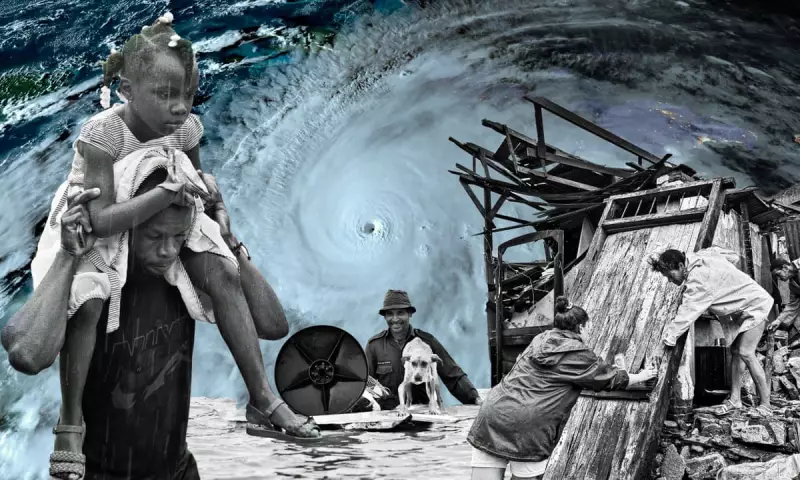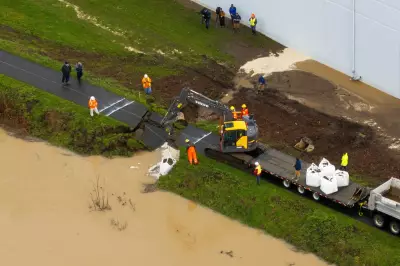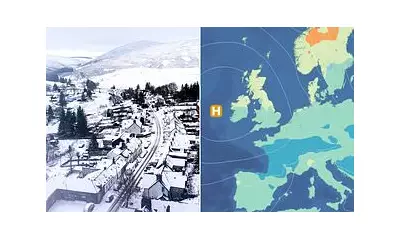
In what meteorologists are calling a terrifying new benchmark for tropical storms, Hurricane Melissa has carved a path of destruction through the Caribbean, rewriting record books with its astonishing staying power and intensity.
A Storm That Refused to Die
Unlike typical hurricanes that rapidly lose strength after making landfall, Melissa displayed what experts term 'remarkable resilience,' maintaining hurricane-force winds for an unprecedented duration. The storm's relentless trajectory has left emergency services stretched to their limits across multiple island nations.
Dr Eleanor Vance, lead meteorologist at the Regional Climate Centre, told The Guardian: "We're witnessing atmospheric conditions we've never seen before. Melissa's ability to sustain this level of intensity challenges everything we thought we knew about hurricane behaviour."
Island Nations Bear the Brunt
Initial damage assessments paint a grim picture across affected regions:
- Critical infrastructure including power grids and communication networks severely compromised
- Widespread flooding has rendered major transportation routes impassable
- Emergency shelters operating at maximum capacity as evacuation efforts continue
- Agricultural sectors devastated, raising food security concerns for coming months
Climate Connection Becoming Clearer
Scientists point to unusually warm ocean temperatures as the primary fuel for Melissa's extraordinary behaviour. Professor Michael Chen, climate scientist at the University of the West Indies, explained: "The Caribbean Sea is experiencing temperatures typically seen in late summer, providing continuous energy to these systems. This isn't an isolated event but part of a disturbing pattern."
Emergency Response Mobilised
International aid organisations have launched coordinated relief efforts, with neighbouring countries offering support despite their own preparedness for Melissa's continuing path. The regional disaster response unit has been activated, coordinating:
- Rapid deployment of emergency medical teams to hardest-hit areas
- Distribution of clean water and essential supplies to isolated communities
- Technical teams working to restore critical communications infrastructure
- Psychological support services for displaced families and trauma victims
As recovery operations begin in Melissa's wake, the meteorological community warns that this storm may represent a new normal for Atlantic hurricane seasons, demanding revised preparedness strategies and urgent climate action.





